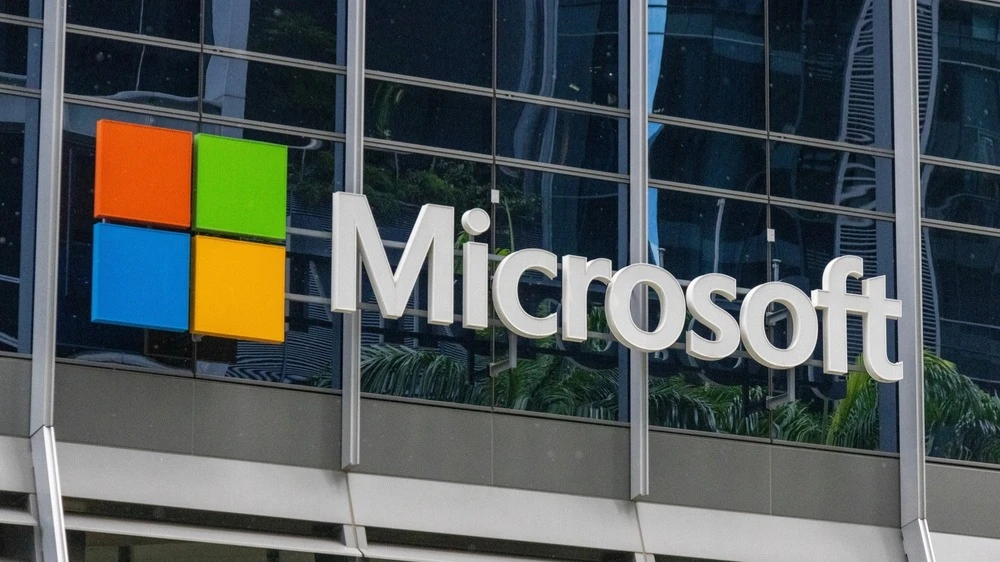Microsoft, Intel and others: Wedbush named winners and losers at the "AI party"
Despite fears of a bubble forming around artificial intelligence, the "AI party" has only just begun, analyst Dan Ives believes

Wedbush analyst Dan Ives, known for his bullish sentiment on tech stocks, named stocks he thinks could win and lose from the "artificial intelligence party" on CNBC. The list of winners included big-ticket stocks like Microsoft and Amazon, while the losers will be software developers that have not been able to adapt quickly. Ives predicts that tech stocks could rise another 20-25% in the next 12 months thanks to the AI boom, and believes that "the party is just getting started."
Winners
- Tech giant stocks. Dan Ives praised the AI strategies of bigtechs such as Microsoft, Amazon, Alphabet (Google's parent company), Nvidia, Tesla and Meta. The analyst noted that all of these companies have very experienced CEOs, but warned that the effectiveness of these strategies has yet to be proven in practice.
According to Ives, Microsoft, Amazon and Google, as hyperscalers (the largest providers of cloud computing and infrastructure), will benefit from the growing demand for data centers necessary for training and operation of powerful AI systems. Tesla's growth driver, according to the analyst, will be developments in autonomous driving and robotics. For Meta, the key will be monetization of billions of users of its services. Now the company's main source of income is advertising, but CEO Mark Zuckerberg is increasingly betting on AI, CNBC notes. In particular, he has created a team that is developing artificial intelligence that is superior to human intelligence.
- Selected software companies. Businesses like military and civilian AI developer Palantir, as well as cloud companies Snowflake and Salesforce, will enjoy a "growth renaissance" thanks to increased demand for AI services from enterprise customers, according to analyst Wedbush.
Losers
Among the losers, Ives lists software companies that failed to adapt. Ives names design software developer Adobe and chipmaker Intel among them. "[Adobe] hasn't been able to readjust quickly, and AI potentially undermines its business model," Ives said. - They need to act aggressively, acquire companies and take defensive and offensive steps to avoid crashing into the AI iceberg."
And Intel, according to the Wedbush analyst, "has lost its competitive edge and operates like a government agency with excessive bureaucracy." The analyst was probably referring to a deal under which the White House would get a 10 percent stake in Intel in exchange for funding under the CHIPS and Science Act, which aims to support domestic semiconductor manufacturing in the U.S., CNBC speculated. "It's a disaster, and they've seriously miscalculated their assessment of the competitive environment over the last decade," Ives added. - Intel has been running in place while all the world's chip makers have been overtaking it in terms of innovation."
What else did Ives say
"The AI "party" is just beginning, the analyst assured, contrary to fears of a burgeoning bubble. Some in the AI field, including OpenAI CEO Sam Altman, have warned of investor over-enthusiasm, but Ives emphasized: "The AI party started at 9pm. It's only ten now and it will continue until four in the morning." He predicts that the AI rally could see tech stocks soar another 20-25% in the next 12 months.
"In my view, there will be periods of respite, but you shouldn't get too nervous," Ives told CNBC's Squawk Box Europe on Friday. He said bears will "come out of hibernation every time there is volatility in the market," but he considers such moments a "golden opportunity" to buy tech leaders.
This article was AI-translated and verified by a human editor
